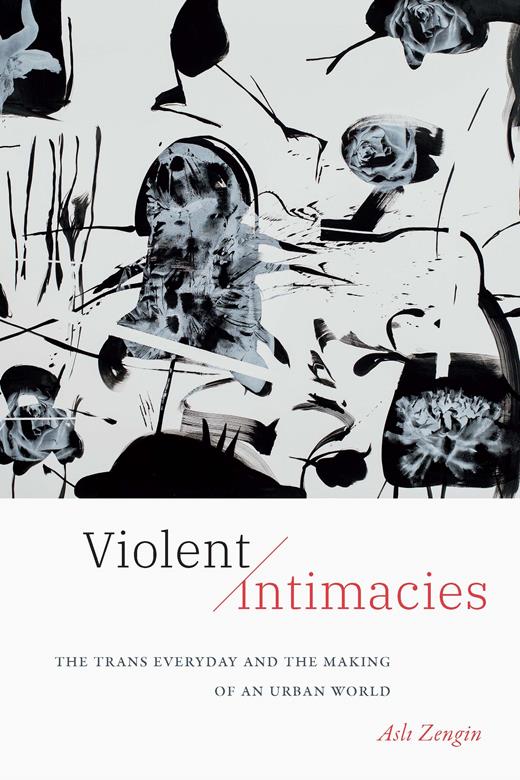Aslı Zengin’s Violent Intimacies theorizes the fraught encounter between the Turkish state and its trans subjects. Introducing the analytic framework of “violent intimacies,” Zengin advances two main claims: structural violence unfolds through intimate contact with gendered bodies, and trans women, in turn, confront this violence with intimate practices of resistance. Zengin’s work marks a significant intervention within trans studies. She pays close attention to the materiality of the body as the location where violence is both enacted and contested—a welcome departure from the tendency towards abstraction in trans theoretical production. She also pushes the field in transnational directions to address experiences of gender transgression beyond North America and Western Europe. A rich ethnography of trans life in Turkey, the text depicts everyday scenes of violent intimacies across several interpersonal and institutional settings: the street, police, medicine, law, and family. Violent Intimacies offers a vibrant account of Turkish trans women who—faced with state neglect and social exclusion—envision alternative ways of building worlds and sustaining life.
Articles by Avik Sarkar
Avik Sarkar investigates the aesthetics, erotics, and politics of transsexual life. She is especially interested in trans legal theory, trans feminist thought, and trans of color critique. Avik has presented her work at Lancaster University, the Hunter Museum of American Art, the Center for the Study of Women at UCLA, and the Connecticut Ethnic Studies Symposium. She graduated from Yale magna cum laude with distinction in women’s, gender, and sexuality studies and a certificate of advanced language study in French. Her thesis was supported by the Bruce L. Cohen LGBT Studies Research Award. Avik is currently at work on an archival project published in spring 2025—supported by a research fellowship from the nonprofit arts organization Visual AIDS—about the late San Francisco-based artist Miss Kitty Litter. This year she is pursuing a master’s at Oxford, fully funded by the Clarendon Scholarship, and in fall 2025 she will begin legal studies at Harvard.
